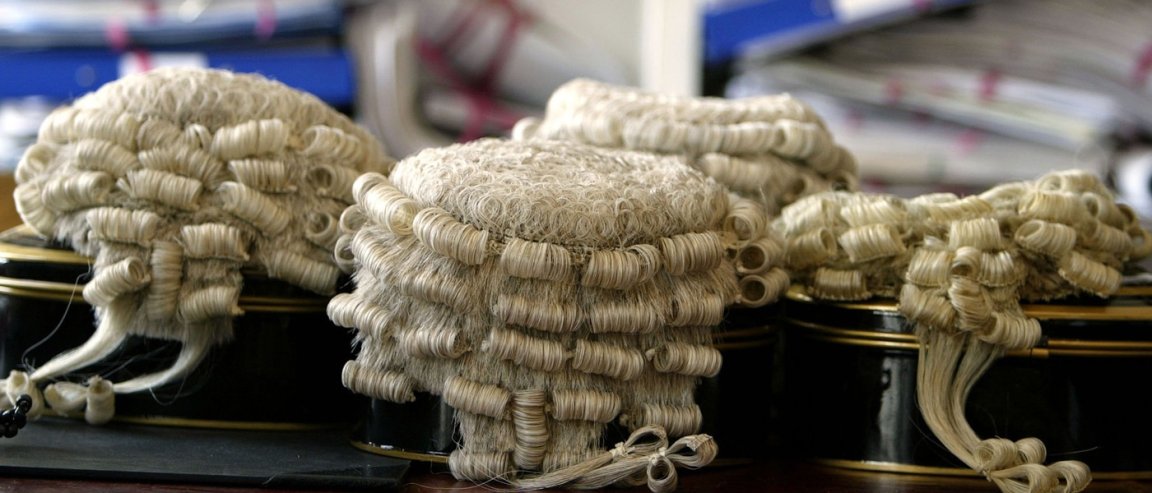
The letter of the law
An interesting study published recently in the journal PeerJ Computer Science explored how well an artificial intelligence (AI) system could predict the outcomes of court cases.
The study was a combined effort by researchers from University College London (UCL) and the universities of Sheffield and Pennsylvania. They programmed an AI system to sift through hundreds of cases heard by the European Court of Human Rights and predict the outcomes of each. The algorithm worked by labeling the cases either as a “violation” or a “non-violation.” The AI was able to correctly predict the outcomes of 584 cases at a 79 percent rate of accuracy.
The cases covered three articles of the European Convention on Human Rights that had a fairly large amount of published data: Article 3 on torture and dehumanizing treatment, Article 6 covering the right for a fair trial, and Article 8 on respect for privacy. The team also selected an equal number of violation and non-violation cases, in order to avoid bias.
“Ideally, we’d test and refine our algorithm using the applications made to the court rather than the published judgements, but without access to that data, we rely on the court-published summaries,” co-author Vasileios Lampos said.

Not yet ready for the gavel
The AI was able to judge the law quite fairly, but it’s not equipped to understand the subtleties of it — not yet, at least. Whenever it came across similar cases with one judged as a violation and the other one not, the algorithm got the judgments wrong. In cases as important as those regarding human rights violations, these inaccuracies could have profound implications.
“There is a lot of hype about AI, but we don’t see it replacing judges or lawyers any time soon. What we do think is they’d find it useful for rapidly identifying patterns in cases that lead to certain outcomes,” said Nikolaos Aletras, study lead at UCL.
They plan to test the AI with more data, but what they’ve already created does show potential. An AI lawyer (or paralegal) is already employed by law firms to sift through piles of legal data, and with this AI judge predicting the majority of cases accurately, there may be a future for AI in the very old and nuanced field of law.